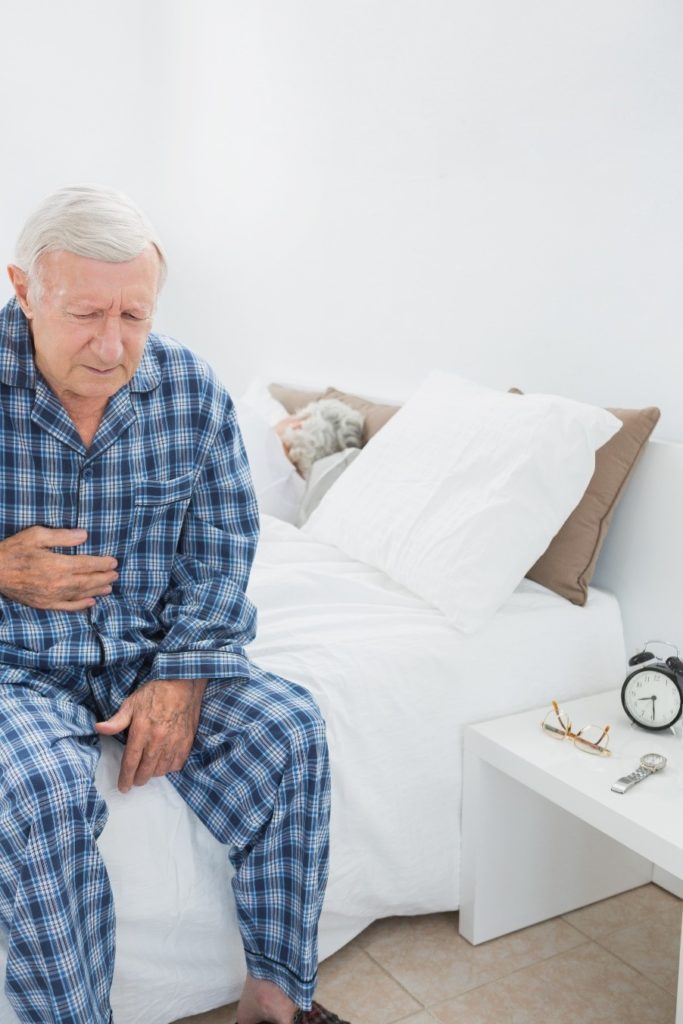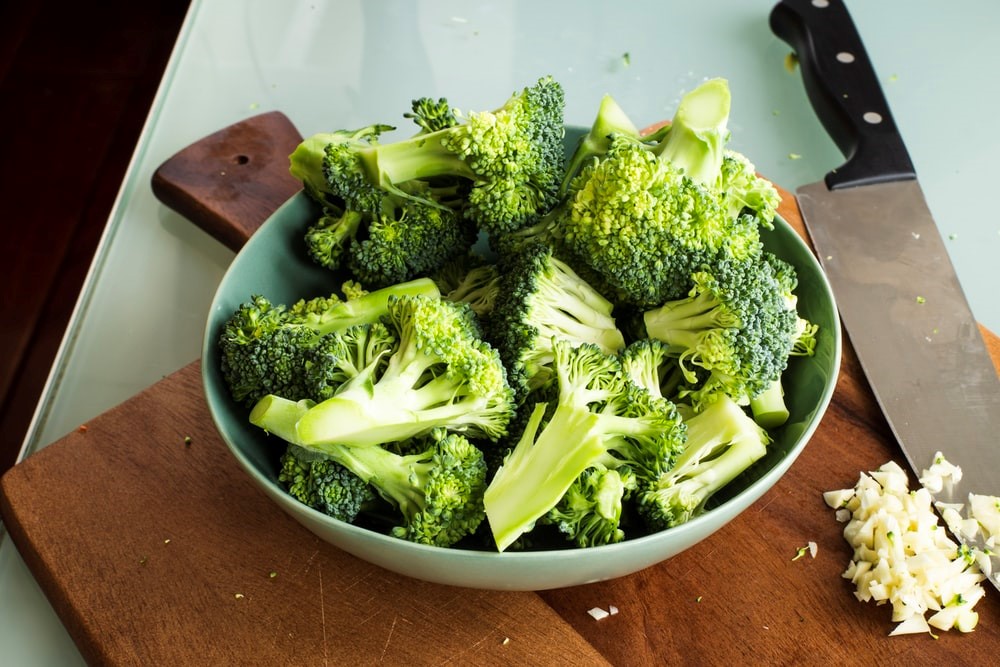
According to research, approximately 50% of men between the ages of 51 and 60 will develop symptoms of benign prostatic hyperplasia (BPH). Also known as an enlarged prostate, the urologic condition affects millions of men across the globe.
Its primary causes include (but are not restricted to) aging, family history of prostate conditions, and changes in testosterone levels. The debilitating condition causes a wide range of symptoms, including painful urination, the need to urinate frequently, the inability to urinate, and excessive urination at night (nocturia), among others.
If you’re struggling to cope with an enlarged prostate, we’ve created a guide to help you manage your symptoms better.
1. Avoid or Reduce Caffeine and Alcohol Consumption
Both caffeine and alcohol are diuretics, so they increase the production of urine. By stimulating an already overactive bladder, coffee and alcohol are known to exacerbate urinary urgency and incontinence. Over time, you may start to experience pain during urination. If you continue to rely on these stimulants, the pain may worsen.
If you consume caffeine and alcohol in abundance, start by reducing your intake. You don’t have to give them up altogether; however, try to consume them in moderation. This will go a long way in helping you cope with an enlarged prostate in the long run.
2. Consume Prostate-Friendly Foods

While following a healthy diet is a great way to manage your condition, consuming prostate-friendly foods is even better. Start by cutting back on trans fats and saturated fats. Cruciferous vegetables like broccoli are known to reduce the risk of prostate complications. Make sure you incorporate them into your diet.
In addition, consume more palmetto—an effective herbal remedy for an enlarged prostate. According to a study, palmetto reduces nighttime urination by an astounding 25%. We also recommend consuming more garlic and onion, each of which is known to strengthen the immune system and help with BPH.
3. Reduce Stress
Anxiety, stress, and nervousness are known to trigger frequent urination. Take measures to manage your stress levels. You can practice mindfulness, meditate, exercise, and spend more time with your loved ones to feel more content and relaxed.
Make sure you avoid triggers that make you feel unsettled and anxious. Identify them and make a conscious effort to eliminate them from your life. This simple measure will go a long way in helping you manage your condition.
Enlarged Prostate Treatment at Houston Physicians’ Hospital
If you’re showing symptoms of an enlarged prostate, click here to find a doctor who’s right for you. At Houston Physicians’ Hospital, we specialize in treating an enlarged prostate using medication, transurethral microwave therapy (TUMT), transurethral radiofrequency needle ablation (TUNA), water-induced thermotherapy (WIT), prostatectomy, and other procedures.
We use UroNav® to target prostate conditions with greater precision for more accurate diagnosis and treatment. Based on your condition, our expert urologists will create a customized treatment plan accordingly. Apart from enlarged prostate treatment, we also specialize in knee replacement surgery, back surgery, and physical therapy services.
Recommended Read: 4 Benefits of UroNav Guided Fusion Biopsy for Prostate Cancer Patients

